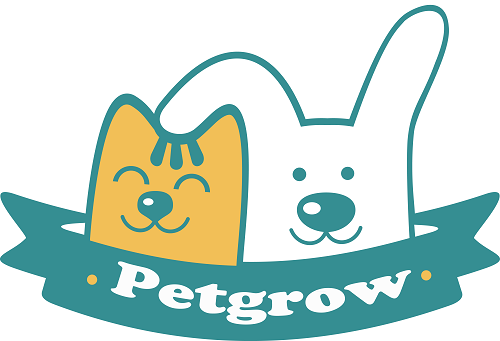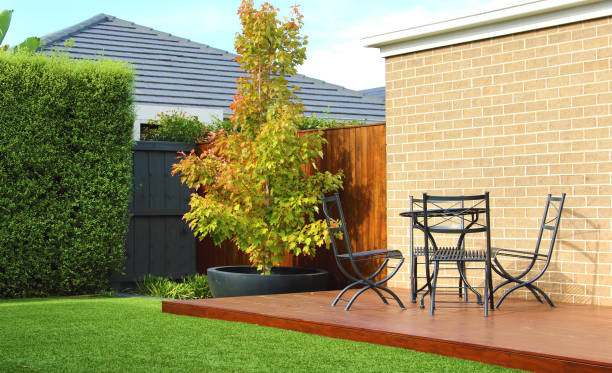Artificial grass offers a range of benefits, making it a popular choice for homeowners, businesses, and public spaces alike:
Low Maintenance
One of the primary benefits of artificial grass is its minimal maintenance requirements. Unlike natural grass, which needs regular mowing, watering, fertilizing, and pest control, artificial turf requires only occasional brushing to keep its fibers upright and infill redistribution to maintain its resilience.
Water Conservation
With increasing concerns about water scarcity and the need to conserve water resources, artificial grass provides an eco-friendly alternative to traditional lawns. It eliminates the need for regular watering, helping to conserve significant amounts of water over time.
Year-Round Greenery
Artificial grass stays lush and green throughout the year, regardless of weather conditions. It withstands extreme temperatures, heavy rainfall, and drought, ensuring that your outdoor space looks vibrant and inviting regardless of the season.
Durability
High-quality artificial grass is designed to withstand heavy foot traffic, making it ideal for areas that experience frequent use, such as playgrounds, sports fields, and pet areas. It retains its appearance and functionality even under intense usage, making it a long-lasting investment.
No Need for Chemicals
Maintaining natural grass often involves the use of herbicides, pesticides, and fertilizers to keep it healthy and pest-free. Artificial turf eliminates the need for these chemicals, creating a safer environment for children, pets, and wildlife.
Allergy-Friendly
For individuals who suffer from grass allergies, artificial turf provides relief by minimizing exposure to pollen and other allergens commonly found in natural grass.
Consistent Appearance
Unlike natural grass, which can develop brown patches or uneven growth, artificial turf maintains a uniform appearance year-round. It offers a consistently manicured look without the need for extensive upkeep.
Versatility
Artificial grass can be installed in various environments, including residential lawns, commercial landscapes, rooftop gardens, and indoor spaces. Its versatility makes it a flexible landscaping solution for a wide range of applications.
Cost Savings
While the initial investment in artificial grass may be higher than natural sod, it offers long-term cost savings by eliminating the need for ongoing maintenance, watering, and lawn care products. Over time, these savings can offset the initial installation costs.
Environmental Impact
By reducing water consumption, chemical usage, and the need for gasoline-powered lawn equipment, artificial grass contributes to a more sustainable and environmentally friendly landscape design.
Overall, the benefits of artificial grass make it an attractive option for anyone looking to create a low-maintenance, eco-friendly, and visually appealing outdoor space.


Share:
How to clean the artificial turf?
Why artificial turf is better for sports fields than lawn